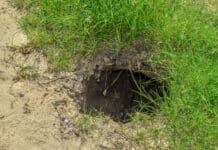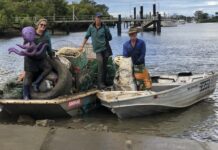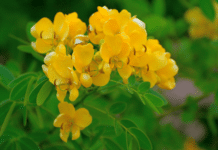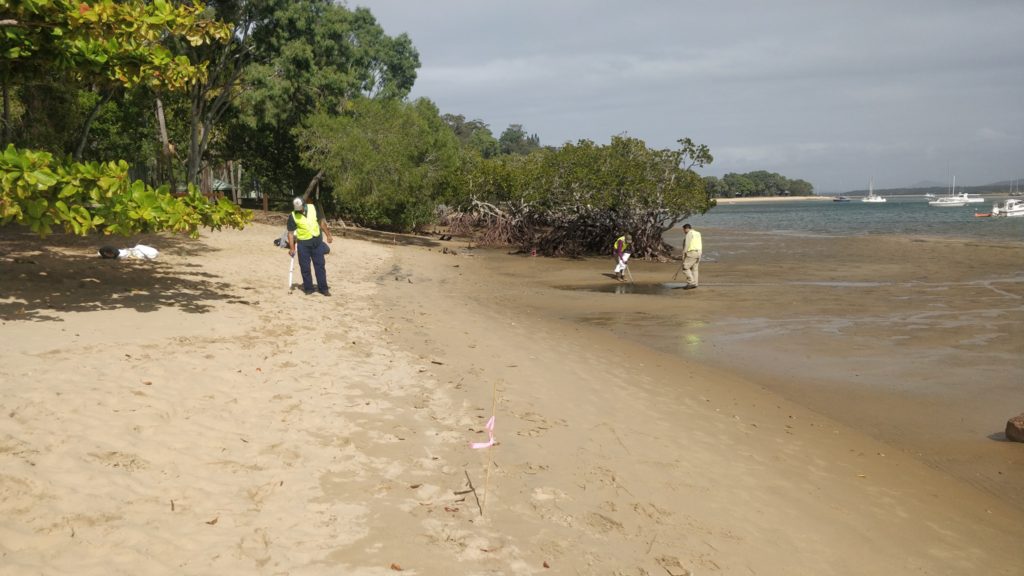
Bundaberg ocean lovers are being urged to sign up for ReefClean — a free program focused on cleaning the reef and collecting scientific data.
ReefClean will be held this month. It includes community clean-up events, workshops, school engagements and monitoring activities along the length of the Great Barrier Reef, from the tip of Cape York to Bundaberg.
According to Conservation Volunteers Australia’s Lewis Peach, the event calls on citizen scientists, schools, community groups, local governments and ocean lovers to continue work that has already taken place along the nation’s coastline.
“Heading to the beach isn’t always the first thing you think of in mid-winter, but for hundreds of volunteers in Queensland that’s exactly what they’ve been doing as they take part in the ReefClean program,” he said.
“The program aims to reduce the volume of marine debris entering the Great Barrier Reef and increase awareness in local communities about actions they can take to prevent litter from entering Reef waterways.”
Lewis said in the short time since on-ground works began in March, volunteers had collected and recorded an astonishing amount of marine debris at beaches that seem idyllic at first glance.
“From the tropical shores of Cairns to the southern tip of the Reef at Bustard Bay, over two tonnes of marine debris has been removed from beaches in our ReefClean activities this year,” he said.
“Ropes, fishing nets and foam are some of the easy-to spot culprits, but the smaller stuff causes big problems.
“Cigarette butts, bottle tops and recreational fishing line can poison or entrap marine life and seabirds and can be hard to spot on the beach.
“Volunteers have been carefully combing clean-up sites to locate and collect debris of all sizes, and everything collected during clean-ups is recorded and the data entered in the Australian Marine Debris Initiative Database.”
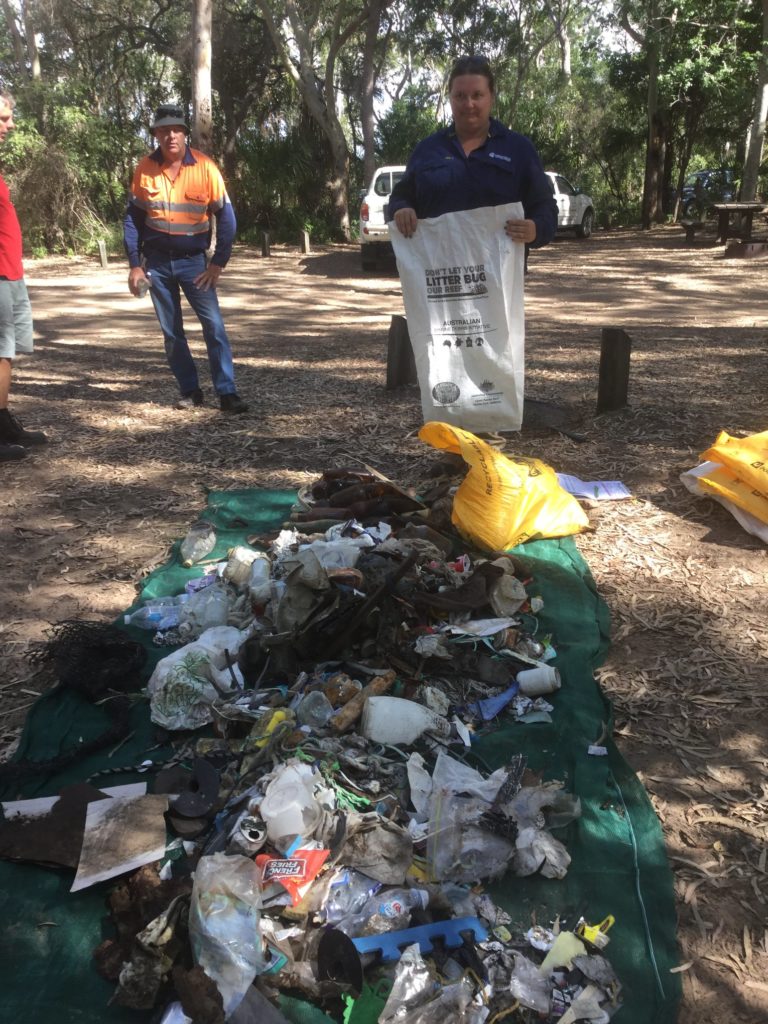
ReefClean: How does the information help?
Lewis said recording information on marine debris was a key citizen science activity in the ReefClean program.
“By learning what types of debris are collected, what sites are impacted and comparing observations, we can develop action plans to target marine debris at the source,” he said.
Soon, the focus will turn to Bundaberg, specifically Nielsons Beach, Fairymead, Miara and Norval Beach, where ReefClean program events will be held.
“The clean-up data you collect will help us track litter to its source and prevent it from entering the waste stream and harming our Great Barrier Reef,” he said.
“We’d love to reach any interested volunteers and work together to clean the beautiful beaches in the region!”
How to join
If you want to join in on cleaning up the reef, click here to sign up.
Events will run for approximately three hours and are free for all ages to join.
Just bring suitable cloths, water, a snack and meet the team leader on site.
A Great Barrier Reef Clean-up on October 5 will be the flagship event for the region, to be held at Innes Park.
Led by Tangaroa Blue and delivered in partnership with Conservation Volunteers Australia and a consortium of key partner organisations, ReefClean is a five-year program running to 2023 funded by the Australian Government’s Reef Trust.
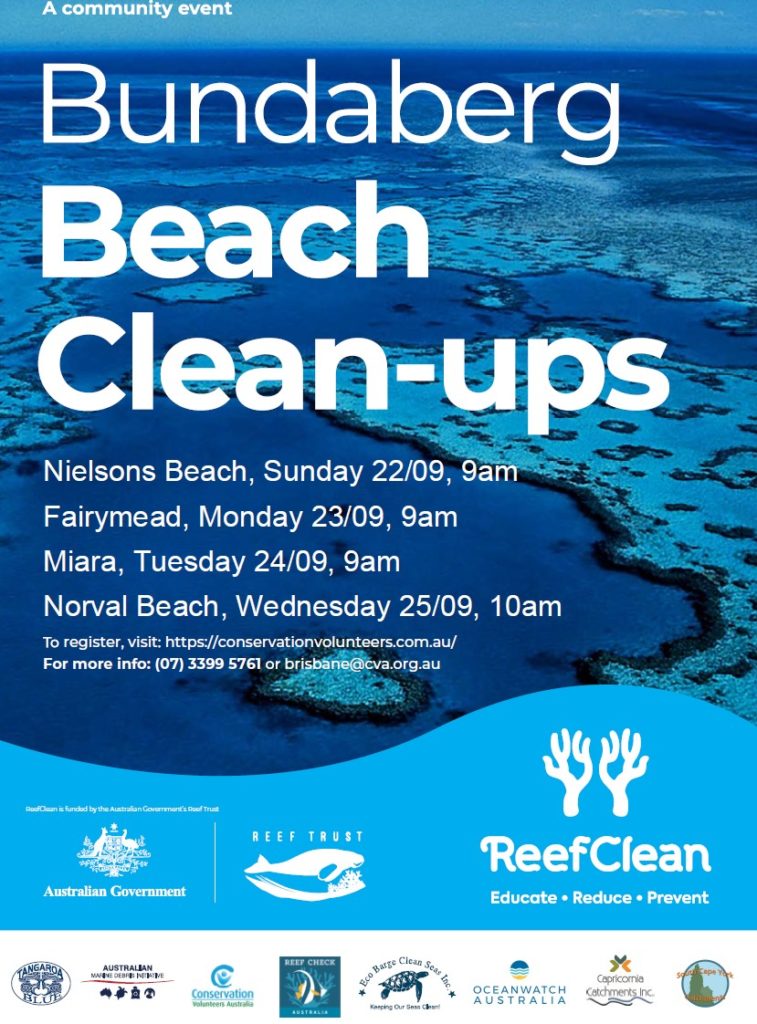
- Other news: Growing the next generation of farmers

